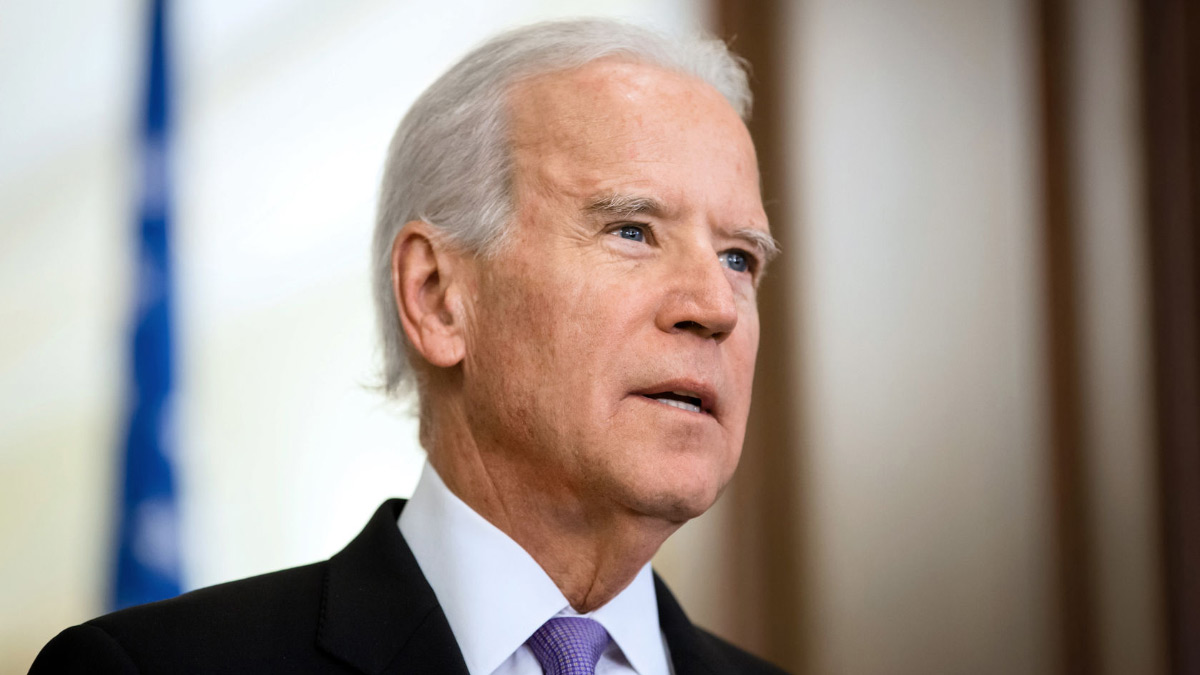“I mean, you know, they are not bad folks.” Those are the words of former Vice President Joe Biden, but he was not talking about golfing pals from Shanghai. Biden was talking about the leaders of China, and a look back suggests the Democratic candidate might want to revise his statement. Thirty years ago, the Chinese government was crushing a student revolt in Tiananmen Square. As Bloomberg News explains, “more than one million Chinese civilians, many of them students, staged the biggest challenge” to the legitimacy of the Communist Party since it came to power in 1949.
That kind of repressive action was simply inevitable when China adopted a 19th century European ideology. Marxism-Leninism proclaimed that history was inevitably moving toward a communist society. In this creed, communist leaders had escaped the false consciousness of the masses and became a vanguard, planning society for the benefit of all. But the trouble is, as Friedrich Hayek noted in “The Road To Serfdom,” no group of leaders can possibly command the knowledge to plan an entire society. Under the “Great Leap Forward” of Chinese Communist Party leader Mao Zedong, around 20 million people died of starvation between 1959 and 1962. Still, Mao and the Chinese Communist Party elite stayed in power.
Marxism-Leninism allows no dissent and regards free speech and the right to assembly as bourgeois formalities. Those who question the vanguard are “reactionaries” who must be wiped out or reeducated. In 1966, Mao launched the “Cultural Revolution” and deployed fanatical “red guards” to purge “impure” elements of society. This violent campaign ran until Mao died in 1976, with estimates of up to 20 million casualties. He rivals Joseph Stalin and Adolf Hitler as one of the worst mass murderers in all history.
The departure of Mao made the way for new Communist Party bosses but changed nothing within the Chinese totalitarian system. President Nixon made overtures to China during the 1970s, while some Western leaders pushed for economic trade with the Communist Party regime. Thanks to new modern communications, many Chinese became aware of Western conditions and the United States in particular. After these decades of repression, the Chinese longed to breathe free. By the late 1980s, they were taking it to the streets, shouting loudly, “We want human rights!”
Under Marxism-Leninism, the people have “rights” to get what the regime wants to give them. On the other hand, communism does not at all allow for human rights such as free speech and assembly. In typical totalitarian style, the Communist Party regime deployed tanks and troops to crush the demonstrators. China eventually gained most favored nation trade status, which the Senate had considered ending in 1994 because of human rights abuses. Senator Dianne Feinstein called the move counterproductive and warned that China would turn away from much needed Western reforms.
China duly gained admission to the World Trade Organization, but no real Western reforms ever took place. China today remains a Communist Party dictatorship that persecutes religious believers and executes more people than any other country in the world. China has also occupied the once independent nation of Tibet since 1959. Since that time, more than one million Tibetans have been killed, Chinese is now the official language, and Tibetans are a minority in their own country. But none of that seems to trouble Joe Biden because “I mean, you know, they are not bad folks.”








